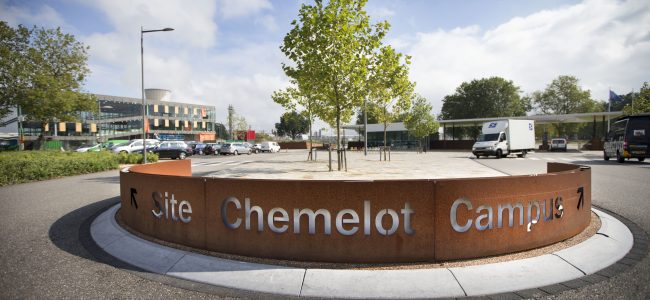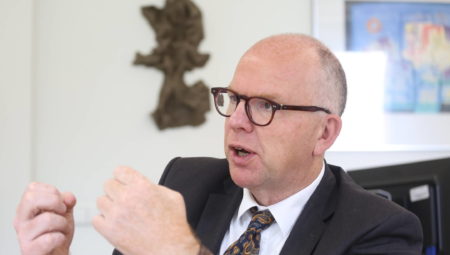The project involves the collection, sorting and recycling of used plastic as a new raw material, but also the design of plastic materials that can help improve recycling. In addition, the interests of citizens, local and regional authorities and knowledge institutions (higher education and university courses) are explicitly addressed. SYSCHEMIQ brings these parties together in the new circular value chain and maps out where opportunities lie, where obstacles have to be overcome and how the partners can better coordinate their activities.
Circular Hub
SYSCHEMIQ is the first concrete project within the Chemelot Circular Hub programme, in which the Limburg region has formulated the objective of becoming the first circular hub in Europe. Brightlands Chemelot Campus in Sittard-Geleen is leading the project and forms the core group of the SYSCHEMIQ consortium together with SABIC, TNO, and Maastricht University.
In total, 20 partners from industry, knowledge and educational institutions and governments in the Netherlands, Belgium and Germany are participating. The SYSCHEMIQ project connects the data, knowledge and skills of the participants. Not only technological innovations are being tested. The partners also develop, test and monitor the collection, sorting and recycling of plastics, innovative governance models and laws and regulations across borders. “The total coherence of the entire value chain is the only way to achieve the desired acceleration in the transition,” says Lia Voermans, Director of Circularity at Brightlands Chemelot Campus.
Within the project, various pilots will be launched to find a smarter way of collecting and sorting waste. The importance of separating waste is the subject of behavioural research. If local and regional authorities work more systematically on better sorting and recycling of plastic, it will become more attractive for the business community to invest in more large-scale recycling.
Objective
SYSCHEMIQ should ultimately contribute to an increase in the recycling and re-use of plastics in new products. This is necessary: currently only 42% of plastic packaging that ends up in European households is collected for recycling. The rest is either dumped or incinerated. The European Union (EU) has set a target of collecting half of all consumer plastics for recycling in three years, rising to 55% by 2030. Plastic recycling makes a substantial contribution to reducing greenhouse gas emissions along the value chain.
The new project starts this year and will run until 2025. More information can be found on the Brightlands Chemelot Campus website.



